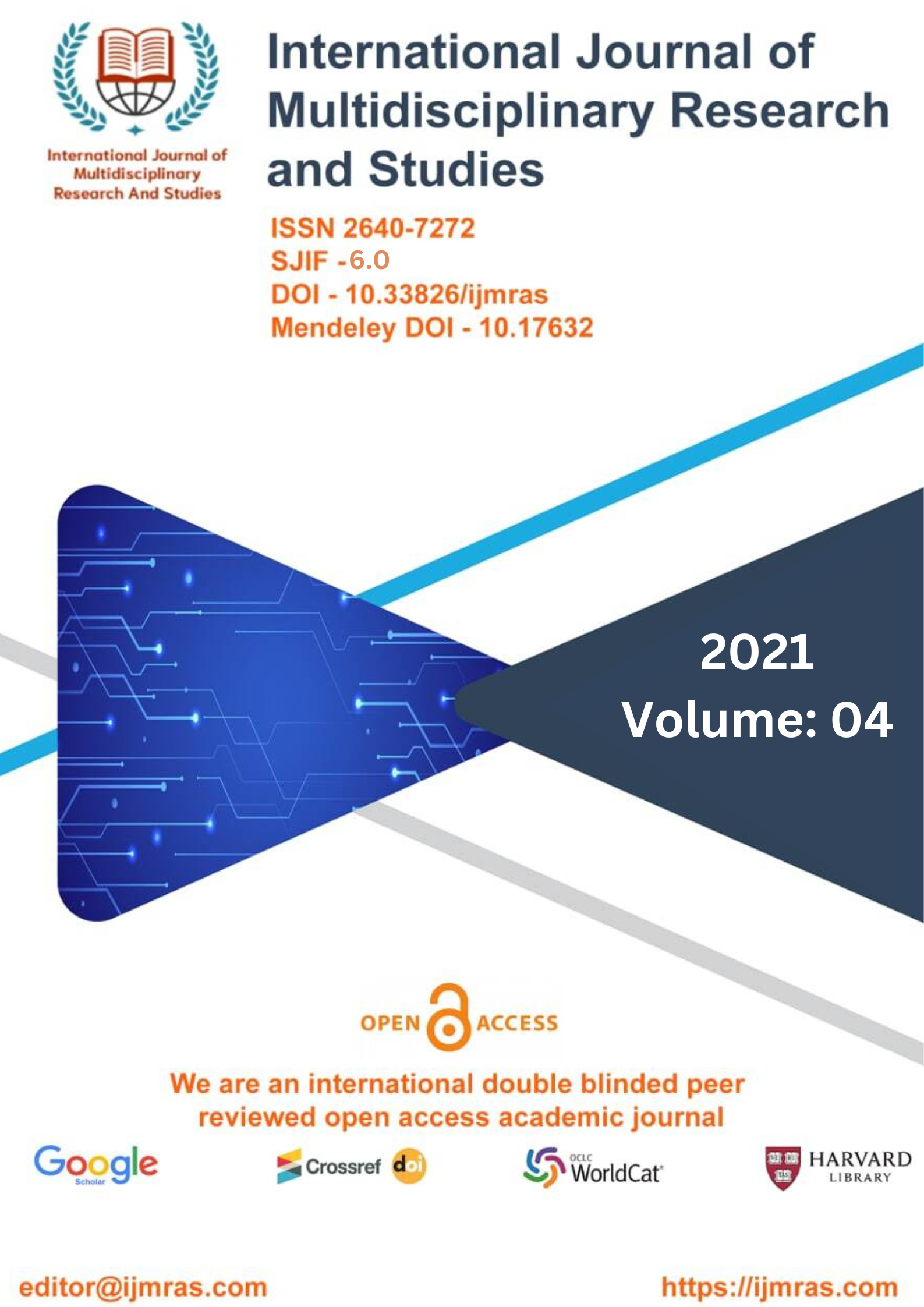SAUL BELLOW’S NOVEL: MAN’ SQUEST FOR SELFHOOD

Abstract
Dangling Man was Saul Bellow's first novel, and it was published in 1944. At the time of its release, it was hailed as "one of the most honest pieces of testimony on the psychology of a whole generation who have grown up during the war," and it was considered to be one of the best works of literature at the time. 78, authored by Edmund Wilson Bellow, in the novel, is regarded to have caught both the prevalent worry that is growing out of the societal disorder and the torturing impact that this upheaval is having on an individual's sense of selfhood. This reflects Wilson's remark, which can be seen throughout the novel. It would appear that Bellow has taken the unpredictability, anxiety, and dread that are prevalent in society and implanted them into the psyche of Joseph, who is the protagonist of the story. The plot of the book seems to revolve around Joseph's eventual victory over the lawlessness of the world, which is intent on eradicating his sense of who he is. As a result, the book might be seen as Joseph's search for his sense of self within the context of a type of spiritual barrenness that he and the world around him share.
Keywords
spiritual barrenness, torturing impact, eventual victoryHow to Cite
References
Ahroni, Ada. “The Search for Freedom in Dangling Man.” Saul Bellow Journal. 3.1(1983):46-51. .
Bellow, Saul. Dangling Man. London: An Alison Press Book: Secker & Warburg, 1944. . (Subsequent references in the parenthesis are to this edition.)
“How I Wrote Augie March‟s story”. New York Times Book Review (June 31, 1954):3- 17. .
Cohen, Sarah Blacher. Saul Bellow‟s Enigmatic Laughter. Chicago: University of Illinois ress, 1974. .
Gordon Andrew. “The Hero as a Sucker in Saul Bellow‟s Early Fiction”. Saul Bellow journal 6.2(1987):47-63.
Wilson, Jonathan. On Bellow‟s Planet: Reading from the Dark Side. New Jersey: Associated University Presses, 1974.
Bellow, Saul. The Adventures of Augie March. New York: Penguin Books, 1984
Bellow, Saul. The Contemporary Writer: Interviews with Sixteen Novelists and Poets, ed. embo L. S. and Pondrom, Cyrena N. The University of Wisconsin Press, 1972
Bellow, Saul. “Distractions of a Fiction Writer.” In Against “the Dying Novel”, ed. Granville, Hicks. New York: Macmillan, 1962
Bellow, Saul. Henderson the Rain King. New York: Penguin Books, 1962
Bradbury, Malcolm. “Saul Bellow and the Contemporary Novel.” In Saul Bellow. London and New York: Methuen, 1982
Dutton, Robert R. Saul Bellow. Boston: Twayne Publishers, 1982.
Goldman, L.H. Saul Bellow’s Moral Vision: A Critical Study of the Jewish Experience. New York: Irvington, 1983
Hassan, Ihab. Selves at Risk. Patterns of Quest in Contemporary American Letters. The University of Wisconsin Press, 1990
Lehan, Richard. A Dangerous Crossing: French Literary Existentialism and the Modern American Novel. Southern Illinois University Press, 1973.
Scott, Nathan A.,Jr. “Bellow’s Vision of the ‘Axial Lines’.” In Three American Moralists: Mailer, Bellow, Trilling. University of Notre Dame Press, 1973.
Bellow, Saul. Dangling Man .J.M.Coetzee: Penguin Books, 1944rpt.2007. ----. Herzog. London: Penguin Books, 1976. ----. It All Ads Ups: Penguin Books, 2001
D.J. Enright and Ernst De Chickera, English Critical Text Oxford University Press, Delhi 1962, P.55
License
Copyright (c) 2021 Rameshwar Prasad chaudhari

This work is licensed under a Creative Commons Attribution 4.0 International License.
Individual articles are published Open Access under the Creative Commons Licence: CC-BY 4.0.




